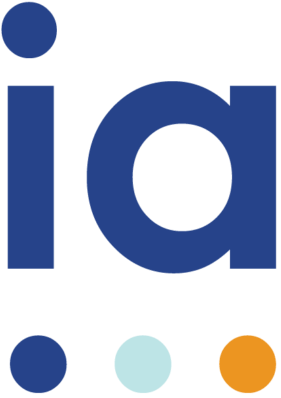Core HR
There is a simple truth about why HR has gotten harder: Employees expect their experience at work to match what they’ve grown used to as consumers.
Buy groceries from your smartphone and pick them up without ever walking down a produce aisle. Get personalized product recommendations based on your browsing history. Almost never deal with paper or printing. Choose your channel, medium and device, all at your preferred time, cadence and need.
Then comes the first day on the job at a big company, and those expectations of ease and convenience often come crashing down. HR doesn’t have a choice — it’s time to catch up.
I’m a big fan of the annual Think Forward report from the agency We Are Social. They’ve identified major consumer trends making an impact in our world. For those of us in HR, these trends are already affecting our teams.
Certainty
Employees expect a higher level of transparency and authenticity. They want to know what companies stand for in practice, not in theory. They want to know how much their colleagues are paid. No longer can knowledge and access be locked away for the upper echelons of an organization. As candidates and employees, they want all the information needed to continually assess whether an organization is the right fit, because fit matters.
Connection
Employees want an authentic connection with their peers, subordinates and leaders. They expect to own their careers instead of waiting on HR to guide their next steps. That means having more frequent, honest conversations about performance and getting direct access to learning and development tools. And with managers responsible for owning their teams, they too need help from HR to have those ongoing conversations, along with the technology to measure them.
Belonging
Employees want to belong and contribute to a community. When you think about your community of employees, think about the value proposition you make. Does it match the experience of coming to work every day? Today’s employee can quickly sniff out a mismatch between who you say you are and how you really behave — and they’ll write about it on Glassdoor.
Status
Social media has given all of us a voice and that’s changed the way we think about status. In the early days of the internet, a small group of influencers, big brands, and wealthy personalities got their ideas into the world. But now we’re seeing an influencer fatigue. Instead of looking to just a few people for ideas, everyone wants a voice and can seize the platform of their choice. Inside our companies, how do we allow all voices to rise, democratize our organizations, and flatten old-school hierarchies? Whether HR and leadership like it or not, this is happening right now.
Progression
The internet has connected us to people around our country and our world. That’s caused our worldview to open up and expand — fast. People and companies are becoming more socially conscious and engaged. We’re all looking for more layered, diverse experiences to help us grow and develop. HR must move beyond traditional diversity and inclusion to actively promote different ideas and perspectives. The end result is creating richer, more meaningful experiences that represent the inherent complexity of the humans (and machines) we work with.
Conscience
Employees are looking for organizations that do the right thing. This goes beyond corporate responsibility programs and employee volunteer days. This is about declaring a position on issues affecting the world without disenfranchising your employee populations. This is about acknowledging conflicting beliefs while holding true to a core set of values as your true north. Staying silent on the sidelines is no longer an option.
We’re all experiencing these changes every day as consumers and citizens, so how will we weave these trends into the employee experience? It starts with making space in your strategic planning to layer employees’ changing expectations into every facet of the employee lifecycle. HR leaders, it’s our move.
Keep reading Voice of HR for our advice on how to harness these trends and use them to fuel HR transformation.
Share your experience! Take the poll:







I love this, Mark! I think that it’s an exciting time for business whether we are part of a corporation or entrepreneurs. It’s no longer a case of “it’s not personal. It’s just business.” I think that we are being challenged to be more than a generic company motto. Great insights! And when the average work week is estimated in the US to have hit 47 hours, those hours had better be meaningful. So when our individuality can help create a legacy, we start getting into the Wow Zone. Love it! Thanks for sharing!
I absolutely agree with you Meridith. I love the notion of individuality helping to “create a legacy” — well stated and thank you for your comment!